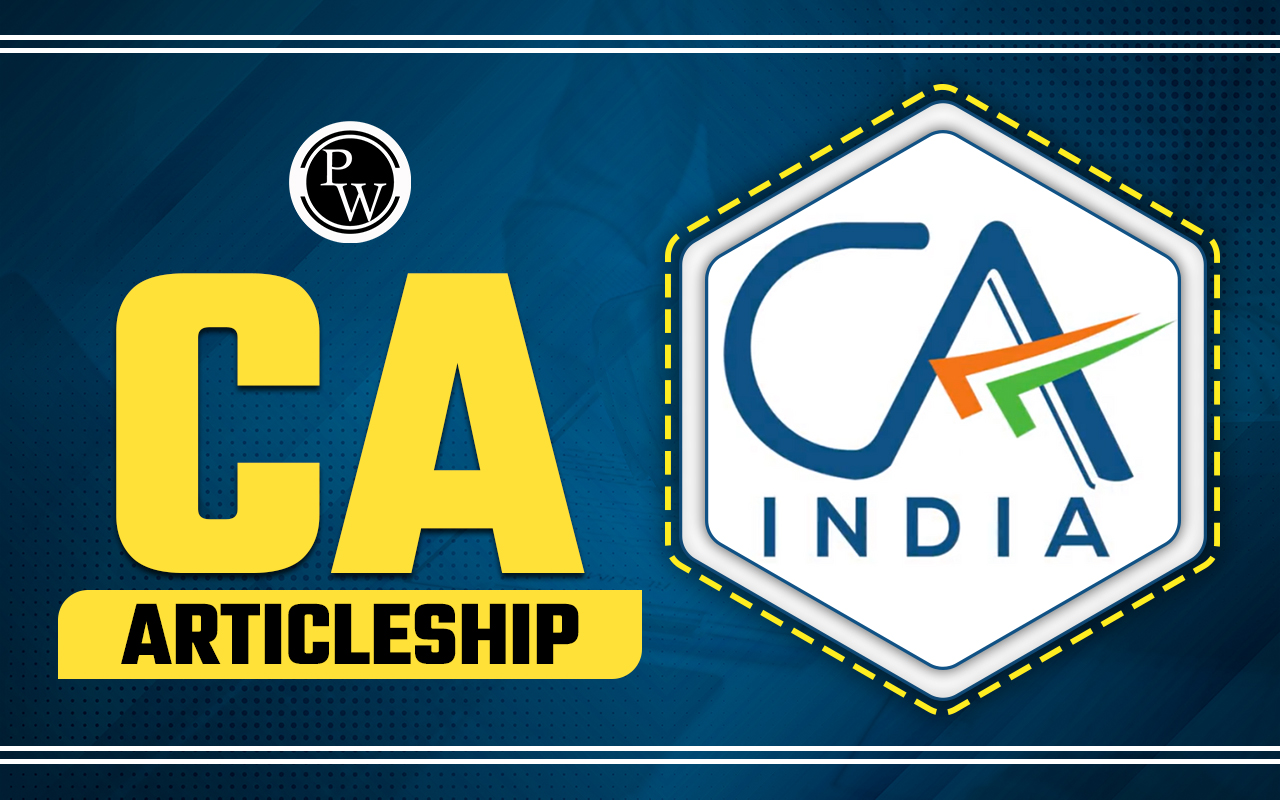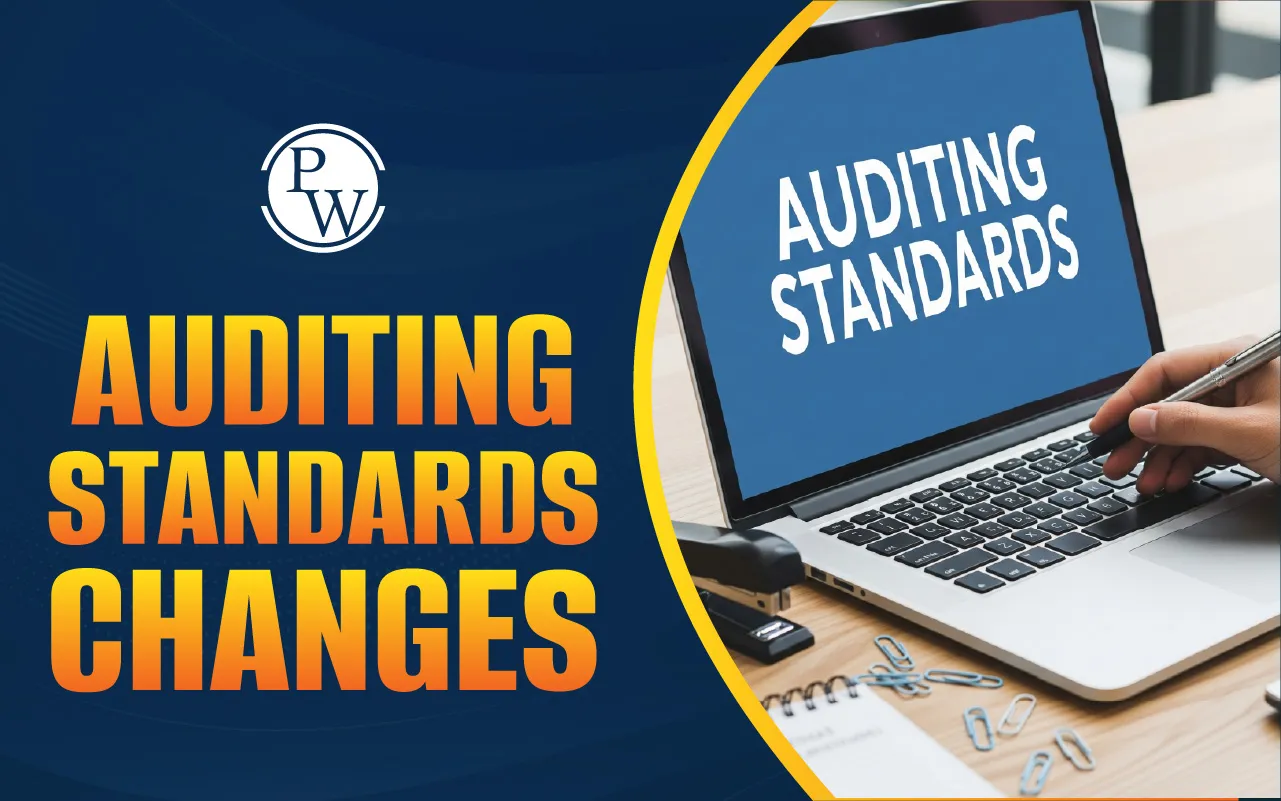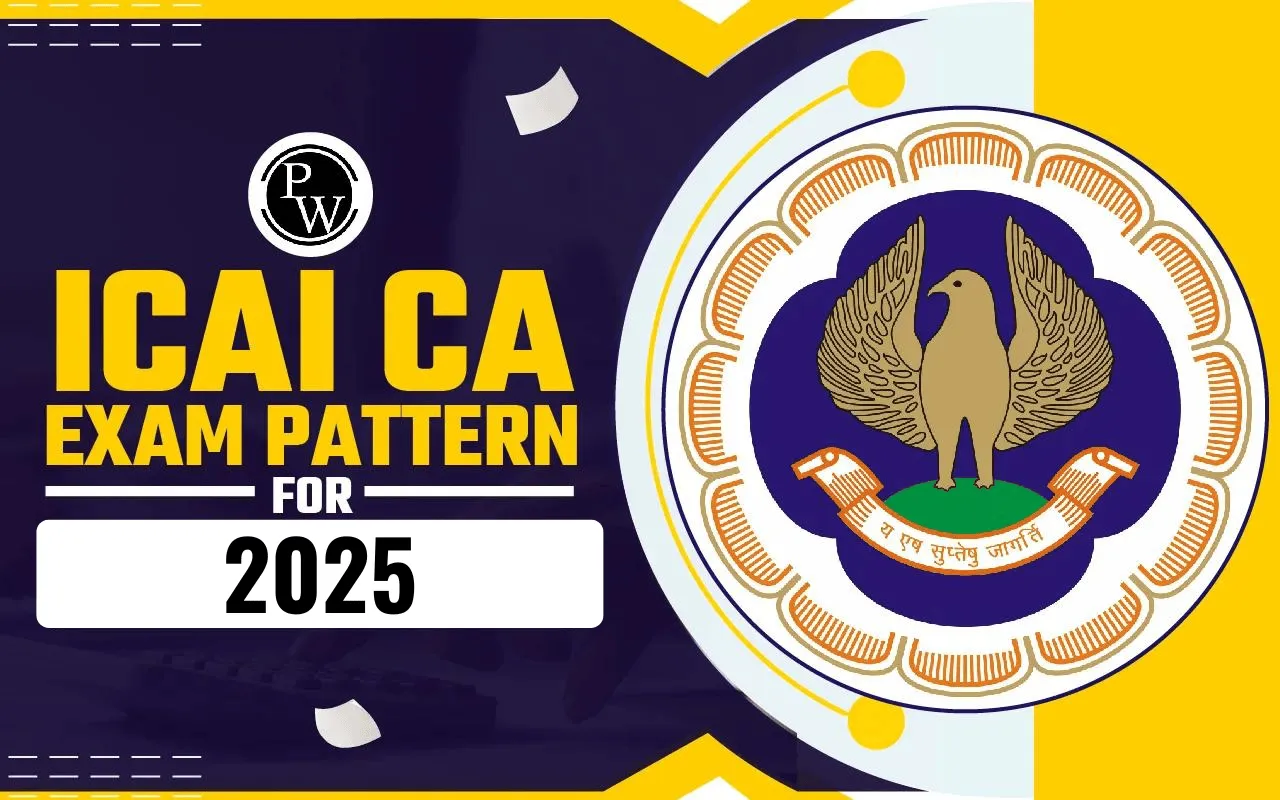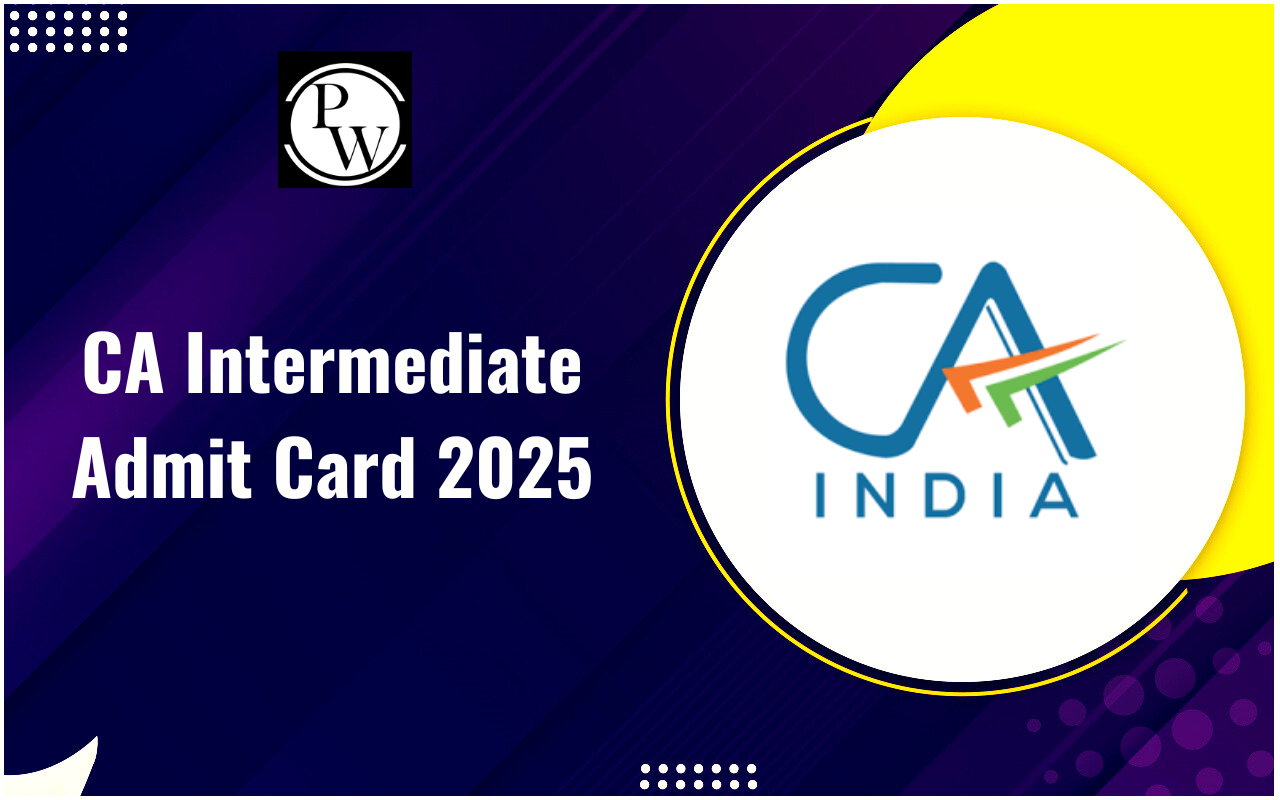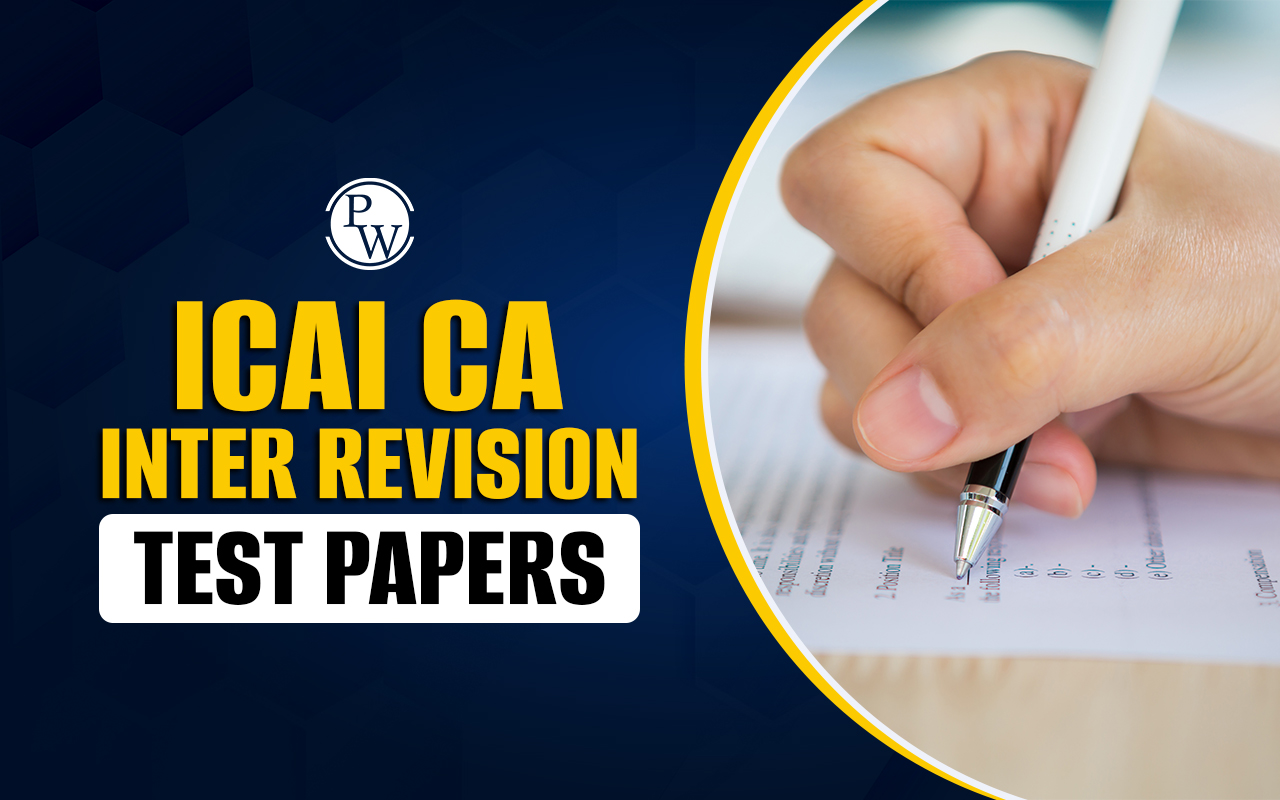
Importance of Ethics in the CA Profession: As a student aiming to become a Chartered Accountant (CA), you're not just learning the technical aspects of accounting, taxation, and auditing, but you're also embracing a code of professional ethics that will guide your behavior and decisions in your career. Ethics are like a moral compass, helping CAs maintain their integrity and reputation. Ethics, in easy words, are a set of principles and values that help individuals make good moral choices and act with honesty. For CA students, understanding and practicing ethics is essential. It's even more critical today because finance and commerce are so important in our world.
Ethics are like the foundation of trust and integrity in the field of accounting. As CA students progress in their education and training, they come to realize the significance of ethical behavior in maintaining the trust and respect of clients and the public. So, being ethical is not just a choice, it's a fundamental part of the CA profession. Furthermore, take a look at the following article about the value of ethics in the CA profession.Role of Ethics in the CA Profession
Ethics are the cornerstone of the CA (Chartered Accountant) profession, shaping the character and conduct of individuals in this field. They ensure that CAs maintain the highest standards of integrity and professionalism, essential for trust and credibility in the financial world. Check the below points for the importance of Ethics in the CA Profession:1. Safeguarding Public Interests:
Chartered Accountants (CAs) shoulder a great responsibility as they handle sensitive financial data that affects various stakeholders. This includes investors who rely on accurate financial information for investment decisions, creditors who need assurance about an entity's financial health, and society at large. Ethical behavior is crucial because it ensures that the financial information provided by CAs is accurate, reliable, and transparent. This, in turn, safeguards the interests of these stakeholders. CAs must act in a way that upholds the public trust, guaranteeing fairness, honesty, and transparency in their professional practice. By doing so, they contribute to the stability and credibility of the financial markets and institutions, thereby serving the public interest.2. Upholding Professional Integrity:
Professional integrity is a cornerstone of the CA Profession. Ethical behavior guarantees that financial records are not just accurate but also transparent and reliable. When CAs maintain professional integrity, they build trust with their clients, employers, and stakeholders. Upholding ethical principles such as confidentiality (keeping client information private), objectivity (providing unbiased advice), and independence (avoiding conflicts of interest) is essential. By adhering to these ethical values, CAs contribute to the reputation and credibility of the entire accounting profession. They are seen as trustworthy professionals, which is essential for the profession's growth and sustainability.3. Guided Ethical Decision-Making:
The field of accounting and auditing is often characterized by complex and challenging situations. CAs frequently face ethical dilemmas. Ethical principles provide a framework for making sound decisions in these scenarios. By considering ethical values and guidelines, CAs can navigate through difficult choices and ensure that their decisions align with professional standards. Ethical decision-making develops their character and assists them in becoming credible business counsel. It's not just about doing what's right; it's about doing what's right according to established ethical norms.4. Lifelong Learning and Professional Growth:
Ethical development in the CA Profession goes beyond theoretical knowledge. It involves a continuous commitment to personal growth, learning, and professional development. Staying updated with evolving ethical standards, regulations, and industry best practices is essential. CAs must adapt to changing scenarios and ensure their skills are in line with the demands of the profession. Continuous learning empowers them to make ethical choices that reflect the current dynamics of the business environment. This also ensures that CAs are aware of the latest ethical challenges and can address them effectively.5. Ensuring Confidentiality:
CAs must preserve confidentiality as a core ethical principle. In their role as financial professionals, they often come across sensitive information about clients and organizations. Maintaining confidentiality is imperative to preserve the privacy and trust of the individuals and entities they serve. Respecting the confidentiality of client information builds confidence and promotes long-term professional relationships. Clients need to know that their financial information is secure and won't be shared without their consent.6. Embracing Accountability and Transparency:
Ethics and accountability go hand in hand. CAs must take responsibility for their actions and decisions, recognizing the potential consequences these actions may have on stakeholders and society as a whole. Following ethical rules ensures that CAs act in an open and honest manner. This fosters a culture of accountability within the profession. By doing so, they contribute to the overall transparency of financial reporting and help maintain the public's trust in the integrity of financial systems. Accountability is a way of ensuring that CAs are answerable for their actions and decisions in a transparent and fair manner.7. Navigating Ethical Challenges:
The journey toward becoming a CA is not without its ethical challenges. CAs may be presented with challenging decisions that put their ethical values to the test. It is at these times when their ethical commitment is tested. CAs can negotiate these quandaries with clarity and make judgements that are consistent with their principles and professional commitments if they create a strong ethical framework. Ethical dilemmas can be tricky, but a solid foundation of ethical principles helps CAs make the right choices when faced with tough decisions.8. Ethics in the Technological Era:
CAs must handle new obstacles brought about by digital breakthroughs in today's quickly expanding technology ecosystem. With the introduction of artificial intelligence, automation, and big data analytics, an ethical framework is required to guide the proper use of technology in accounting practises. CAs must understand the ethical implications surrounding data privacy, cybersecurity, and the potential biases inherent in algorithms. By incorporating ethical considerations into their work, they can harness the power of technology while minimizing risks and ensuring fairness. This is especially critical as technology continues to reshape the profession, and ethical guidelines must evolve to keep up with these changes.9. Fostering Ethical Leadership:
As future leaders in the field of accounting and taxation, CA students are not only expected to adhere to ethical principles but also to become ethical leaders. Ethical leadership involves setting an example for others, promoting a culture of integrity within the profession, and being advocates for ethical conduct. CA students, by embracing and practicing ethics, have the potential to inspire the next generation of CAs and ensure the enduring ethical foundation of the CA Profession. Ethical leadership contributes to the profession's credibility and its ability to navigate complex ethical challenges in an ever-changing business environment.10. Ethics Beyond Profession:
The importance of ethics in CAs' lives extends beyond professional responsibilities. It defines their personality, impacting how they see and interact with the world around them. CAs contribute to a society focused on integrity and justice by embodying ethical values. CA students have the ability to make a lasting beneficial influence as future leaders in the field of accounting and taxation. They set the path for a more open, trustworthy, and responsible financial environment by upholding ethics in their lives and careers. The impact of ethics extends far beyond the classroom, influencing not only individual student success but also the wider integrity of the profession as a whole. The profession's ethical foundation is what ensures its continued relevance and the trust that clients and stakeholders place in CAs.Consequences of Not Following Ethical Standards in the CA Profession
Breaching ethical standards in the CA Profession carries significant consequences that reverberate through various facets of a Chartered Accountant's career and the wider financial landscape. Here are the consequences in a more detailed form:- Disciplinary Action by ICAI: When ethical standards are breached in the CA Profession, the Institute of Chartered Accountants of India (ICAI) often steps in to maintain the integrity of the profession. Disciplinary actions can range from warnings and fines to suspensions or even permanent disqualification from practicing as a CA. Such actions are not only punitive but also serve as a deterrent to maintaining ethical behavior within the CA community.
- Loss of Professional Reputation: A tarnished ethical record can have enduring implications for a Chartered Accountant's professional reputation. Trust is the bedrock of any financial profession, and a breach of ethical standards erodes that trust. Clients, employers, and colleagues may lose confidence in the individual's ability to act with integrity. This loss of reputation can be exceedingly challenging to recover from, impacting career prospects and opportunities.
- Legal Liability: Breaching ethical standards can often lead to legal consequences. Actions that deviate from ethical norms may result in lawsuits or legal investigations. In such cases, CAs may be held legally liable for their actions, potentially leading to financial penalties, settlements, or even criminal charges, depending on the severity of the breach.
- Financial Losses for Clients: Clients entrust CAs with their financial matters, expecting accurate, reliable, and ethical handling of their affairs. When ethical standards are breached, it can result in financial losses for clients. Mismanagement, fraud, or erroneous financial advice can have detrimental financial repercussions, which can lead to legal actions against the CA. Such financial losses can be devastating for clients and erode their trust in the CA profession.
- Damage to the Profession's Credibility: The CA Profession's credibility is built on trust and adherence to ethical standards. When breaches occur, they affect the entire profession's reputation. The public's confidence in Chartered Accountants can be shaken, potentially affecting the profession's standing in society. A few unethical actions can cast a shadow over the entire CA community, making it imperative for CAs to uphold ethical standards to maintain the profession's credibility.
- Erosion of Public Trust: The CA Profession relies on public trust. Breaching ethical standards erodes this trust. The public's perception of CAs as trustworthy and reliable financial experts is damaged, and this loss of trust can have far-reaching consequences. It can affect the profession's ability to attract clients, employers, and investors who depend on ethical conduct.
- The strain on Personal and Professional Relationships: Breaching ethical standards can also strain personal and professional relationships. Colleagues, peers, and associates may distance themselves from a CA who has violated ethical norms. The strain on personal relationships can be emotionally challenging, while strained professional relationships can limit opportunities and collaboration.
Importance of Ethics in the CA Profession FAQs
Why is Ethics Important in Accounting?
Ethics is crucial in accounting because it helps build trust and credibility. Investors, creditors, and customers rely on ethical practices to ensure that financial reporting is fair and accurate. When accountants follow ethical guidelines, they uphold the integrity of financial information, benefiting everyone involved. For more detailed information on the Importance of Ethics in the CA Profession, check the above article.
What's the importance of the CA Profession?
The CA profession plays a vital role in the financial world by offering essential services such as auditing, tax preparation, and financial consulting. Becoming a CA can bring significant professional and personal benefits. CAs are in high demand and can earn competitive salaries. For more detailed information on the Importance of Ethics in the CA Profession, check the above article.
What are the Ethical Principles for CAs?
Chartered Accountants are guided by several ethical principles that set the standard of behavior expected of them. These fundamental principles include integrity, objectivity, professional competence and due care, confidentiality, and professional behavior. Following these principles is crucial for maintaining ethical standards. For more detailed information on the Importance of Ethics in the CA Profession, check the above article.
What Does Ethics Mean in the CA Profession?
In the CA Profession, ethics is vital for ensuring trust and integrity in financial reporting, auditing, taxation, and consulting services. Upholding ethical standards is essential because breaching them can have severe consequences, impacting both the individual CA and the reputation of the profession. For more detailed information on the Importance of Ethics in the CA Profession, check the above article.
What's the Future Outlook for the CA Profession?
As the world becomes more interconnected, Chartered Accountancy is evolving into a global profession. CAs who can provide cross-border services will have a significant advantage in the future. This includes expertise in areas like international taxation and providing audit and assurance services to global companies. The CA profession is set to be increasingly relevant on the global stage. Also, For more detailed information on the Importance of Ethics in the CA Profession, check the above article.
🔥 Trending Blogs
Talk to a counsellorHave doubts? Our support team will be happy to assist you!

Check out these Related Articles
Free Learning Resources
PW Books
Notes (Class 10-12)
PW Study Materials
Notes (Class 6-9)
Ncert Solutions
Govt Exams
Class 6th to 12th Online Courses
Govt Job Exams Courses
UPSC Coaching
Defence Exam Coaching
Gate Exam Coaching
Other Exams
Know about Physics Wallah
Physics Wallah is an Indian edtech platform that provides accessible & comprehensive learning experiences to students from Class 6th to postgraduate level. We also provide extensive NCERT solutions, sample paper, NEET, JEE Mains, BITSAT previous year papers & more such resources to students. Physics Wallah also caters to over 3.5 million registered students and over 78 lakh+ Youtube subscribers with 4.8 rating on its app.
We Stand Out because
We provide students with intensive courses with India’s qualified & experienced faculties & mentors. PW strives to make the learning experience comprehensive and accessible for students of all sections of society. We believe in empowering every single student who couldn't dream of a good career in engineering and medical field earlier.
Our Key Focus Areas
Physics Wallah's main focus is to make the learning experience as economical as possible for all students. With our affordable courses like Lakshya, Udaan and Arjuna and many others, we have been able to provide a platform for lakhs of aspirants. From providing Chemistry, Maths, Physics formula to giving e-books of eminent authors like RD Sharma, RS Aggarwal and Lakhmir Singh, PW focuses on every single student's need for preparation.
What Makes Us Different
Physics Wallah strives to develop a comprehensive pedagogical structure for students, where they get a state-of-the-art learning experience with study material and resources. Apart from catering students preparing for JEE Mains and NEET, PW also provides study material for each state board like Uttar Pradesh, Bihar, and others
Copyright © 2025 Physicswallah Limited All rights reserved.
